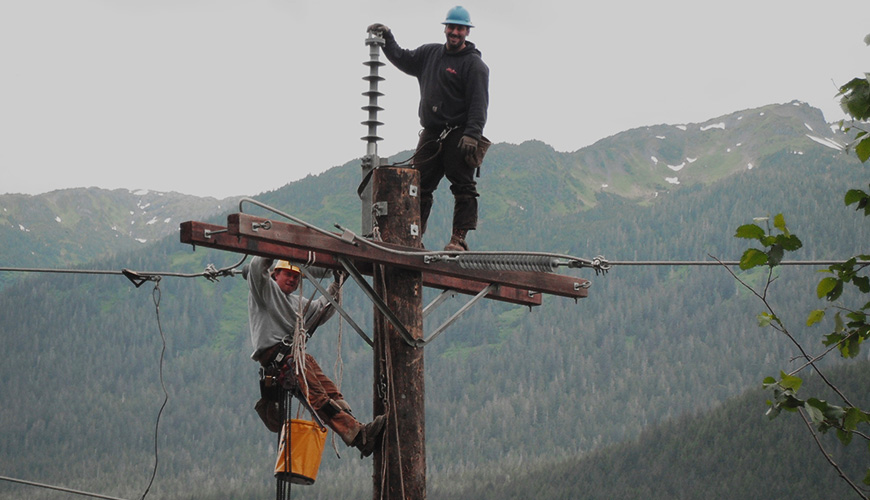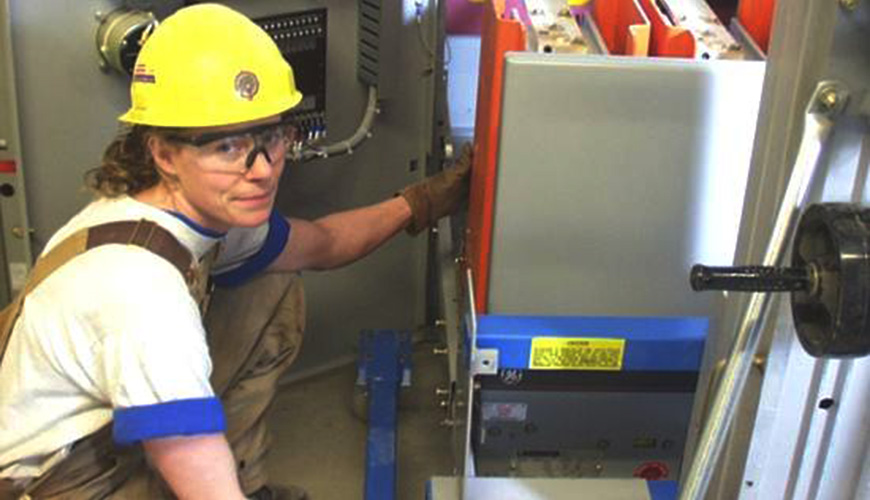
If you're aiming to enter the electrical trade in Anchorage, AK, by 2025, you'll need a high school diploma or GED, at least 18 years of age, and completion of an apprenticeship with up to 8,000 hours of training including classroom and hands-on work, leading to certifications like Journeyman Electrician. Yes, you must obtain a license from the Alaska Department of Labor to work unsupervised, with exams costing around $50 and wages starting at $18 per hour for apprentices, rising to $53.44 per hour for journeymen amid a projected 7.2% growth in construction jobs. This path typically takes 4-5 years, offers strong job prospects with over 60 vacancies listed, and involves overcoming challenges like harsh weather through specialized programs in Anchorage.
Electricians are skilled professionals who install, maintain, and repair electrical systems in residential, commercial, and industrial settings. In Anchorage, this includes working on AC/DC circuits, blueprint reading, and adhering to OSHA regulations while dealing with unique challenges like extreme cold and isolated grids. With Anchorage's growing demand driven by construction and infrastructure, electricians play a vital role in supporting the city's economic expansion, including projects in remote areas like the North Slope oilktorj fields, making it a rewarding career for those with problem-solving skills and a commitment to safety.

Yes! To work as an electrician in Anchorage, you must secure certifications from the Alaska Department of Labor, as unlicensed work is not allowed on most projects. For instance, a Journeyman Electrician certification 1 enables you to handle both commercial and residential work, while a Residential Electrician certification limits you to homes. After completing your apprenticeship, you'll need to pass a four-hour, open-book exam with at least 70% to get certified, ensuring you meet state standards for safety and competency in Alaska's demanding environment.
According to available programs, an electrical apprenticeship in Anchorage typically lasts 4,000 to 8,000 hours 2, combining paid on-the-job training with classroom instruction. Here's a breakdown of key requirements:

To find an apprenticeship, use resources like Gild for listings or apply through the Alaska Joint Electrical Apprenticeship Training Trust (AJEATT) 3. Many opportunities pay starting wages of $18 to $55 per hour based on experience, with CTAs like joining a union for structured programs that open periodically.
| Apprenticeship Type | Required Hours | Key Focus |
|---|---|---|
| Inside Wireman | At least 4,000 | Commercial electrical systems |
| Residential Wireman | Up to 4,000 with optional classroom | Home wiring and safety |
| Outside Power Lineman | 8,000 | Power lines and remote grids |
Search for openings on Indeed and consider CTAs such as enrolling via AJEATT for paid positions that build your skills.
Start by ensuring you meet the fundamentals: be at least 18 years old, hold a high school diploma or GED, and have completed algebra or an equivalent test. These basics prepare you for the technical demands, with programs in Anchorage emphasizing safety and local regulations to ensure you're ready for Alaska's unique conditions.

While not always required, enrolling in a program like those offered by AJEATT or local trade schools provides a strong foundation. Courses cover electrical codes, blueprint reading, and safety practices, helping you gain IBEW1547 classifications efficiently.
This is the core step, lasting 4-5 years 4, where you'll gain hands-on experience. Apply through Gild for apprenticeships, gaining paid training under licensed professionals. For success, network via unions and check listings on platforms like CareerOneStop 5.
After apprenticeship, apply for Journeyman or Residential certification through the Alaska Department of Labor 1. Pass the exam covering topics like circuits and grounding, with fees at $50, to work independently and explore better-paying roles.
Once certified, aim for roles as a licensed contractor, which requires additional licensing from the Alaska Department of Commerce. With wages up to $58.78 per hour for shifts, consider CTAs like attending industry conferences for ongoing education and networking 3.
Dive into electrical trade careers in Anchorage with resources from Gild to find apprenticeships and build your future in a field expecting 600 new construction jobs by 2025. Overcome challenges like weather by leveraging local programs, and as you gain experience, salaries can reach $119,639 annually for electrical engineers, making this a stable and lucrative path.

